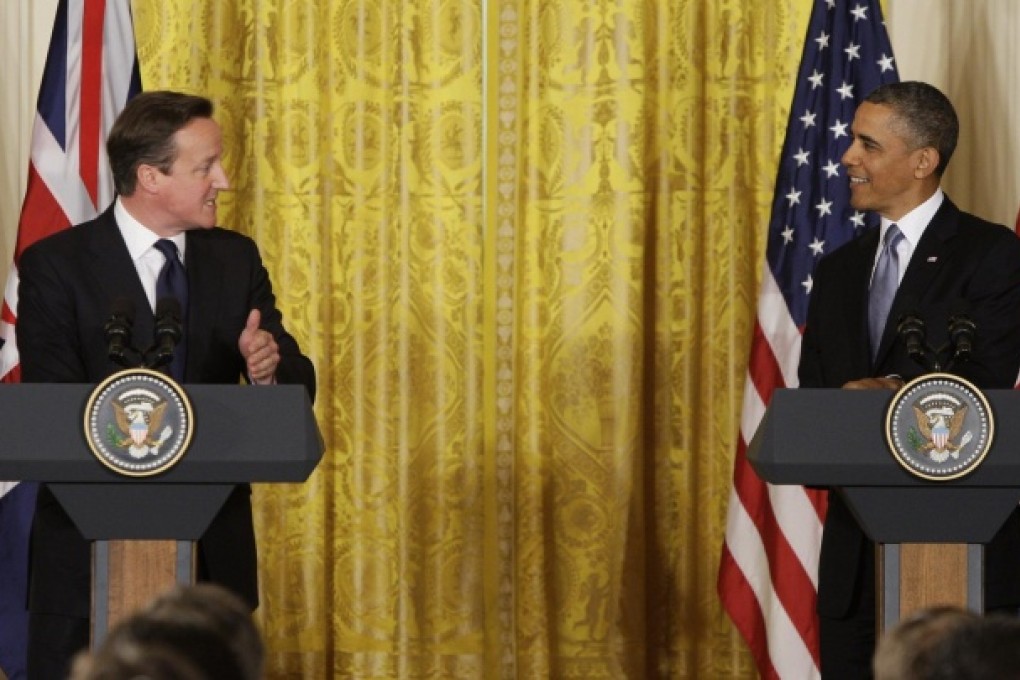Cameron, Obama vow to end bloodshed in Syria
US and UK leaders vow to exert pressure on Assad and work with Russia to end bloodshed

The United States and Britain yesterday pledged to forge ahead with diplomatic efforts to end the civil war in Syria, saying they had found common ground with Russia on how to proceed.
US President Barack Obama and British Prime Minister David Cameron vowed to increase pressure on the regime of Syria's President Bashar al-Assad, and insisted that he could not be part of a democratic transition.
"Syria's history is being written in the blood of her people, and it is happening on our watch," Cameron said alongside Obama after talks in the White House's Oval Office.
"The world urgently needs to come together to bring the killing to an end. None of us have any interest in seeing more lives lost, in seeing chemical weapons used."
The world urgently needs to come together to bring the killing to an end. None of us have any interest in seeing more lives lost, in seeing chemical weapons used
Cameron, fresh from a trip to Russia, one of Assad's few remaining backers, said he believed Washington, London and Moscow had found "common ground" on the crisis.